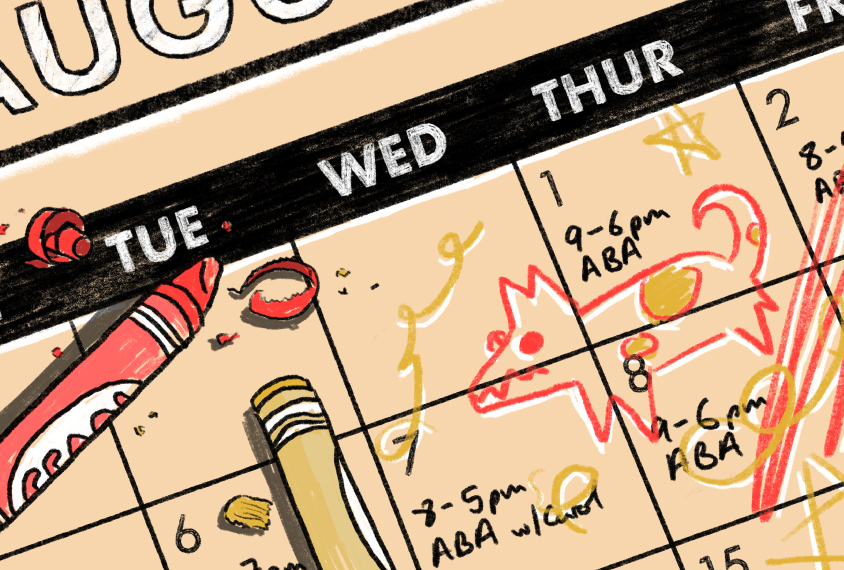Connie Kasari is professor of human development and psychology at the University of California, Los Angeles. She is the principal investigator for several multi-site research programs and a founding member of the university’s Center for Autism Research and Treatment.
Connie Kasari
From this contributor
How much behavioral therapy does an autistic child need?
People tend to believe that, regardless of the treatment, more is always better. But is it?

How much behavioral therapy does an autistic child need?
Learning when to treat repetitive behaviors in autism
Some restricted and repetitive behaviors may have hidden benefits for people with autism, so scientists should work to find a happy medium between acceptance and change.

Learning when to treat repetitive behaviors in autism
School’s in
School-based interventions are arguably the best way to reach the truly underserved, under-represented and under-resourced children with autism, says Connie Kasari.
Explore more from The Transmitter
Astrocytes orchestrate oxytocin’s social effects in mice
The cells amplify oxytocin—and may be responsible for sex differences in social behavior, two preprints find.

Astrocytes orchestrate oxytocin’s social effects in mice
The cells amplify oxytocin—and may be responsible for sex differences in social behavior, two preprints find.
Neuro’s ark: Spying on the secret sensory world of ticks
Carola Städele, a self-proclaimed “tick magnet,” studies the arachnids’ sensory neurobiology—in other words, how these tiny parasites zero in on their next meal.

Neuro’s ark: Spying on the secret sensory world of ticks
Carola Städele, a self-proclaimed “tick magnet,” studies the arachnids’ sensory neurobiology—in other words, how these tiny parasites zero in on their next meal.
Autism in old age, and more
Here is a roundup of autism-related news and research spotted around the web for the week of 2 March.

Autism in old age, and more
Here is a roundup of autism-related news and research spotted around the web for the week of 2 March.